Football
He said I was going to hell
In Australia, young footballers often sign their first professional contracts at the age of 16. I didn’t get the chance until I was 22.
My journey to the A-League has been far from normal.
I was 11 years old when my family moved to the United States, after my dad was headhunted by an American advertising company. It was a pretty big culture shock, going from Australia to North Carolina, in the ‘Bible Belt’ of America.
On one of my first days at school, I remember someone asking me what church I went to. When I told the boy I wasn’t religious, he said I was going to hell.
As a young boy, that really rocked me. I went home and asked Mum and Dad if it was true and they had to set me right. But I quickly found plenty of reasons to love growing up in North Carolina. Soccer (or football) was a big part of that.
In high school, I used to play as a striker alongside my best friend, Bjorn Johnsen. We scored heaps of goals together before he left school to sign his first pro contract in Denmark. He has gone on to play for other clubs in Portugal and Spain and he has even played for the Danish national team.
I took a completely different path. I made the decision to go to college first.
What you’ve got to understand is that in America, parents really push their kids to go to college because job options can be pretty limited over there if you don’t have a degree.
So, when I got an offer from Appalachian State University in North Carolina for a full scholarship, I felt I had to accept. And as one of three kids, I knew that if I could make my education free it would make a huge difference for the family. It didn’t mean giving up on my dreams entirely.
The college campus was beautiful, in a small town called Boone, high up in the Appalachian Mountains. We were more than 1,000m above sea level and in the winter, it would be freezing cold. We’d wake up at 6am to go out and train in the snow.

Let me tell you, you have to really love football to do that.
My major was advertising, and I minored in graphic design, but with half a year to go on my four-year undergraduate degree, I had an opportunity come up to trial with a professional club.
I knew that if I didn’t drop out of college for the month-long trial, I would miss my chance.
It was a big risk. I wasn’t guaranteed anything, and it was with a club that had never even played a season of football before.
On one of my first days at school, I remember someone asking me what church I went to. When I told the boy I wasn’t religious, he said I was going to hell.
Sacramento Republic was a start-up club in California with big ambitions. It was a new business, putting together a team to compete in the USL – the third division of American soccer back then (it’s now the second) – and they wanted me to be a part of it.
I sat down with my parents to have a chat about what I wanted to do.
I probably wouldn’t have gone to college without them guiding me in that direction. I also wouldn’t have been able to leave early without their support.
They just told me to go for it and my girlfriend, Lauren, was exactly the same. They didn’t want me living with regrets.
LIVING THE DREAM IN ELK GROVE
After a month’s trial with Sacramento, I officially became a professional footballer.
The most satisfying part was being able to call my parents and tell them the news. It was proof that all the time and energy I’d put into my football had been worth it.
The reality wasn’t all that glamorous. I was on nothing; $800 a month plus accommodation at a run-down apartment complex in Elk Grove, just outside Sacramento, with one of my teammates. The pool was probably a health hazard, it was filled with the most disgusting green water.
I wasn’t living the ideal Californian lifestyle by any stretch of the imagination, and I could barely get by at times, but it was everything I wanted.
Looking back, I know that I was probably getting ripped off. Luckily, I’m pretty cheap to run. I’m not in this for the flash cars and all the rest. I actually thought I was crushing it because I was able to use money from football to pay for food and petrol.
I loved my new life. I went from waking up early to train in the mornings before going to class, to just being able to completely focus on football.
Aside from training, all I really had to worry about was recovery and doing the right things to enable me to perform at my best.
The excitement around the team was huge. The club had signed a couple of big names from the MLS and our coach was one of the USA’s greatest-ever players, Predrag Radosavljevic.
‘Preki’ was an old-school Serbian-American coach, who took being a hard-ass to the absolute extreme. But he was building something really special.
We had a strong start to the season, but we really got an idea of how big the club could be when we played our first home game. I remember being on the team bus that night and hearing the crowd before we even pulled up to the stadium.
There were 20,000 fans waiting for us, tailgating before the game just like the NFL fans do, building this incredible atmosphere.
Going from playing in front of a few hundred people at college, to a huge crowd like that was mind-blowing. When you’re playing in front of that many people, you can barely hear your teammates at all.
The fans stayed with us all season and we won the league in the club’s first-ever year of competition.
I still have to pinch myself.
I WAS ACTING LIKE AN ASSHOLE
I was signed by the Portland Timbers in the off-season, to play for their reserves team in the USL. Joining such a massive club was exciting, because they promised to give me opportunities to get involved with the MLS squad.
My experience didn’t really live up to what was sold.
Pretty early on, one of the guys from the first team came to me for a chat.
“I don’t think the coach likes how you play,” he said. “I don’t think you’re his type of player.”
I didn’t really believe him at the time, but as it turned out I never did get the chance to train with the MLS team. None of my teammates did either. We’d do our sessions on the pitch next to them, and we’d be looking over just hoping for any excuse to get involved with a session.

During MLS games, we’d be sitting up in the players’ box watching the team play in front of huge crowds. I wanted to be involved with that excitement, and I felt that I was every bit as good as the centrebacks on the pitch.
As I got frustrated my performances dipped, and I wasn’t able to switch off after training or games. Eventually I realised that I was taking all that negativity from the club home with me and it was having an impact on my relationship with Lauren.
We’d been doing this long-distance thing for two years and never really fought with each other, until I moved to Portland. All of a sudden, I’d started acting like an asshole every time we’d hang out or talk on the phone.
At the end of the season I had an option to stay another year, but I knew I had to make a change. I was in a professional environment, but I was still an outsider.
It was a massive disappointment because at 22, I felt like I’d wasted a year. I was already at the age where most top-level players have established themselves. I didn’t know if I’d left it too late.
More about: A-League | Central Coast Mariners | Coaching | FFA Cup | Melbourne City | MLS
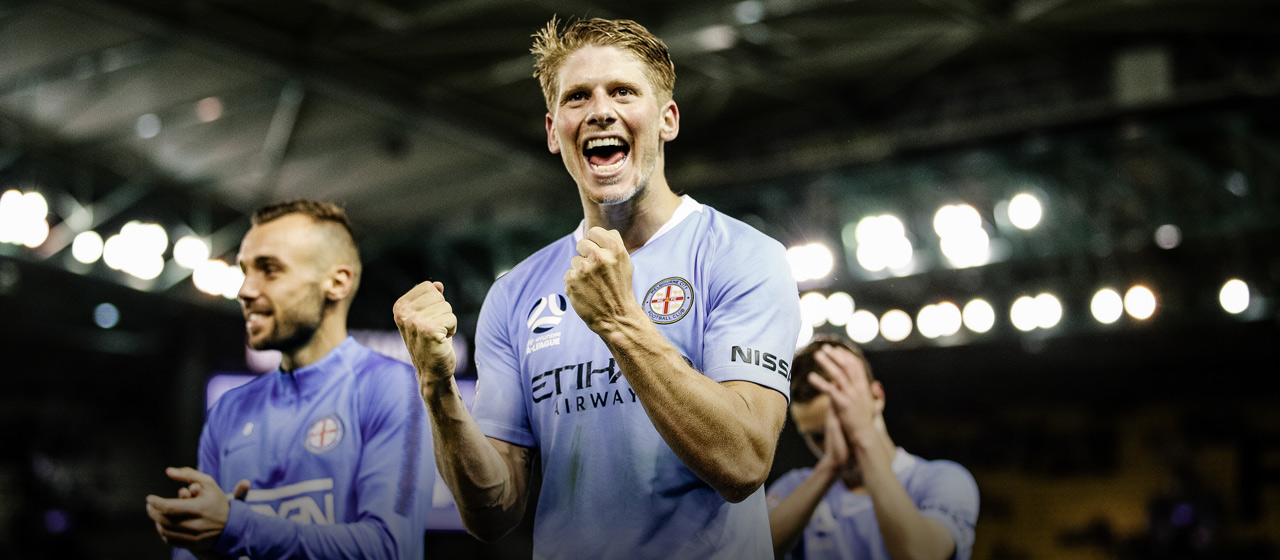
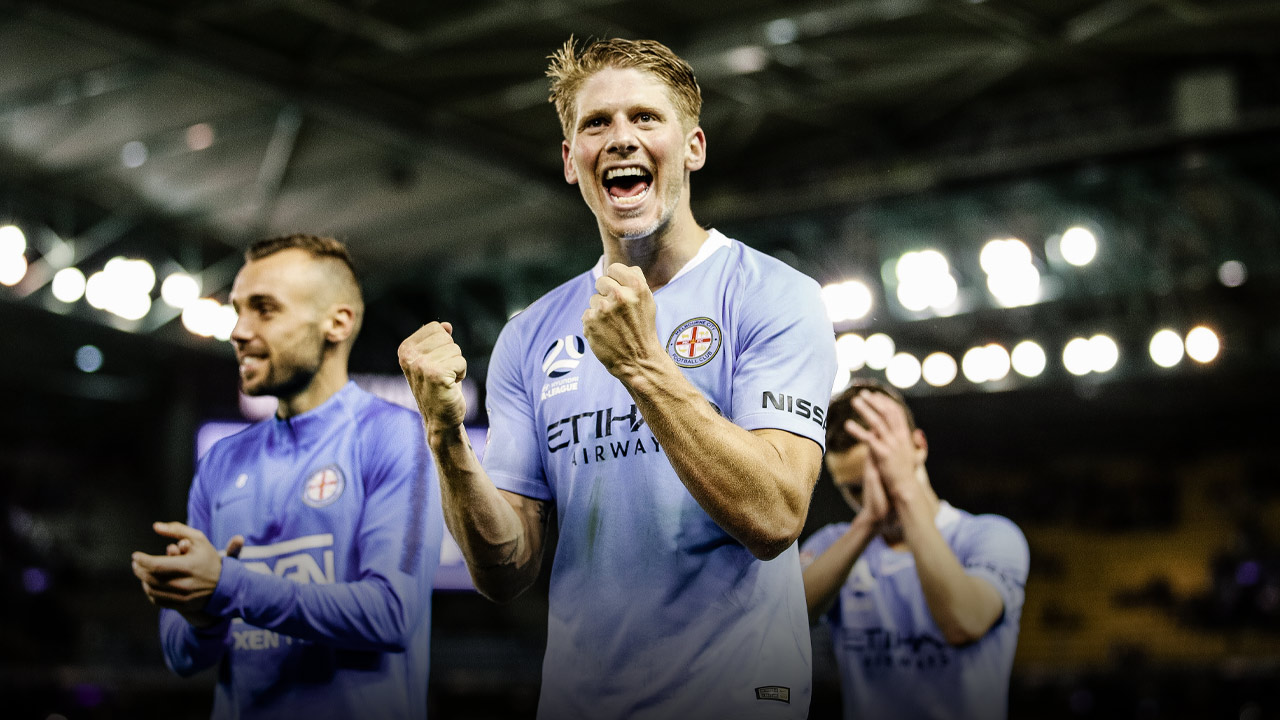
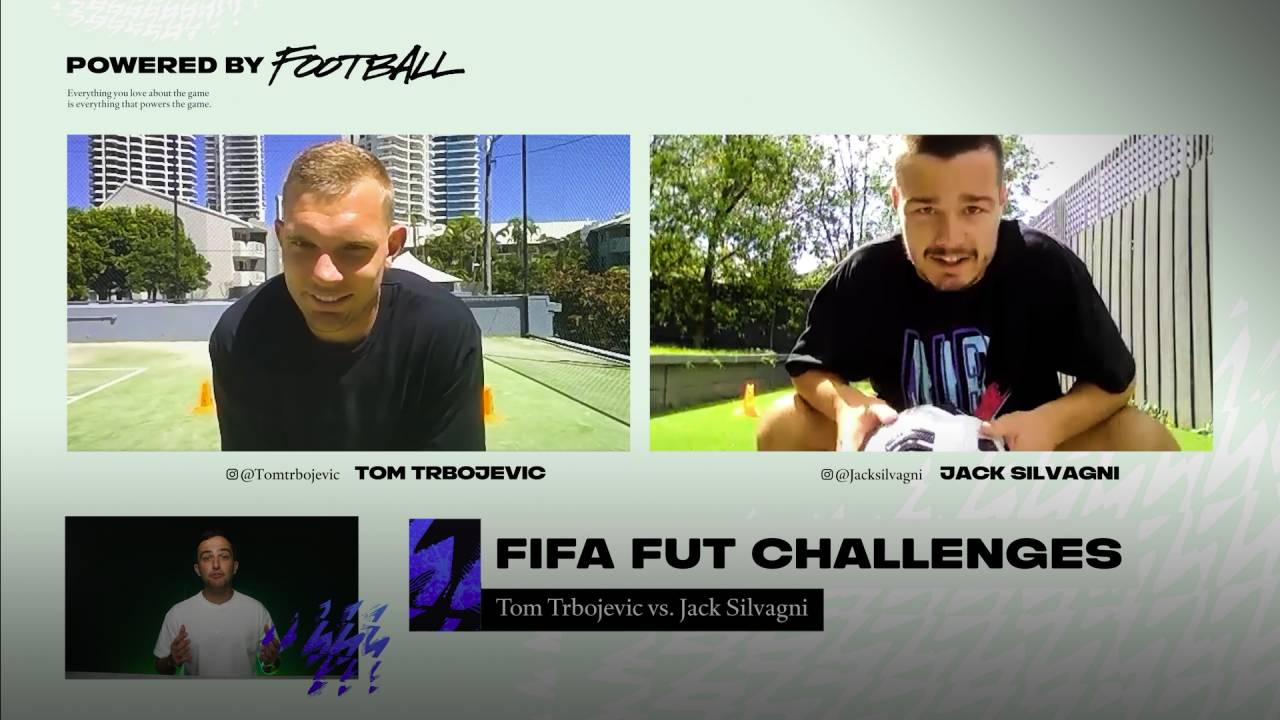
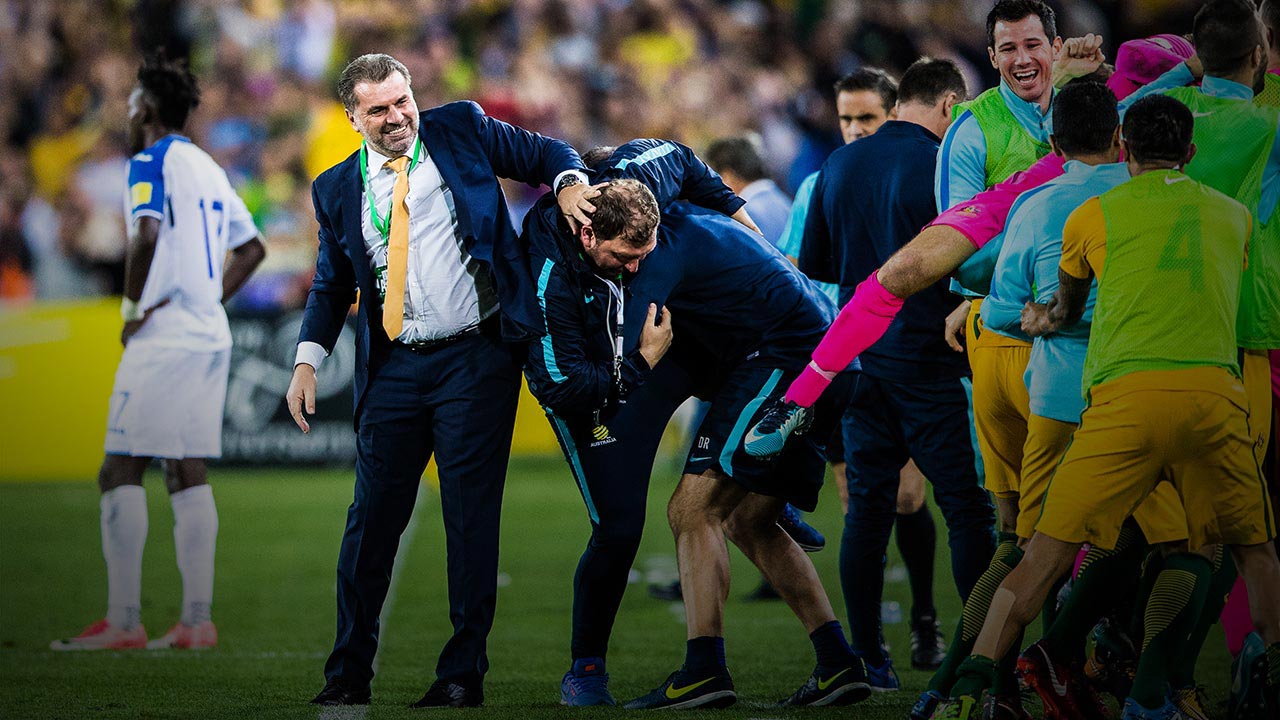
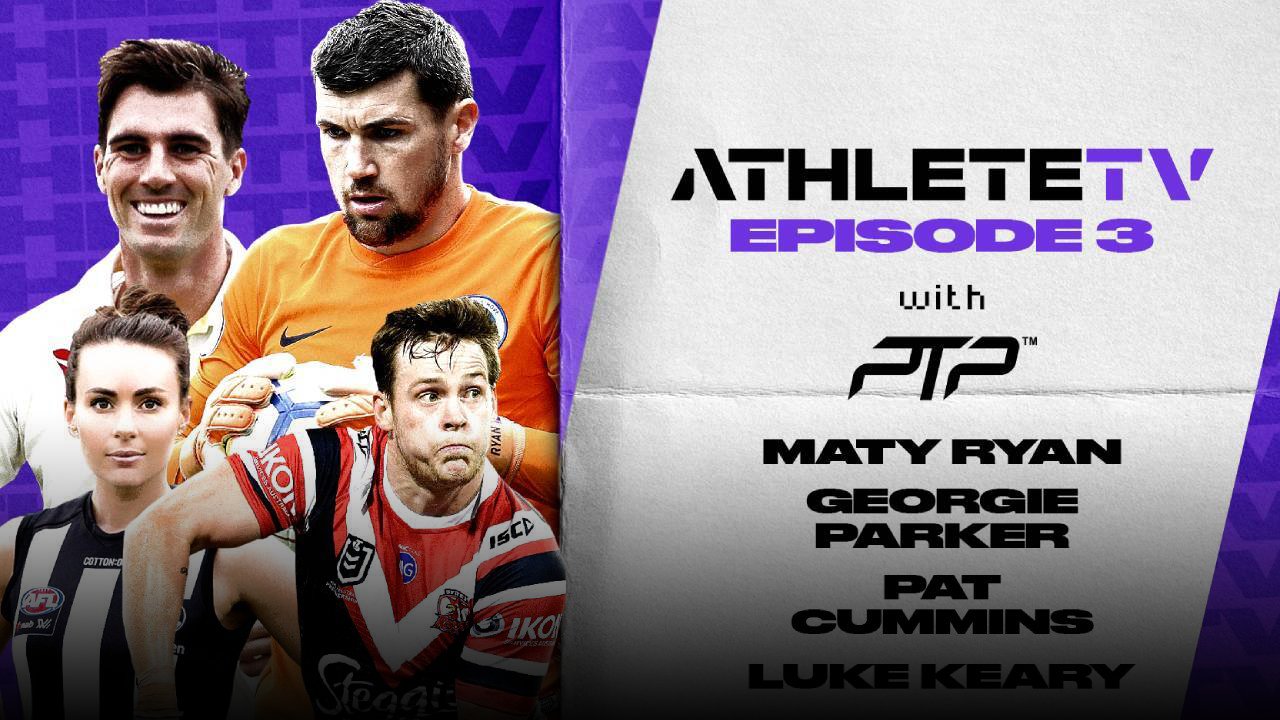
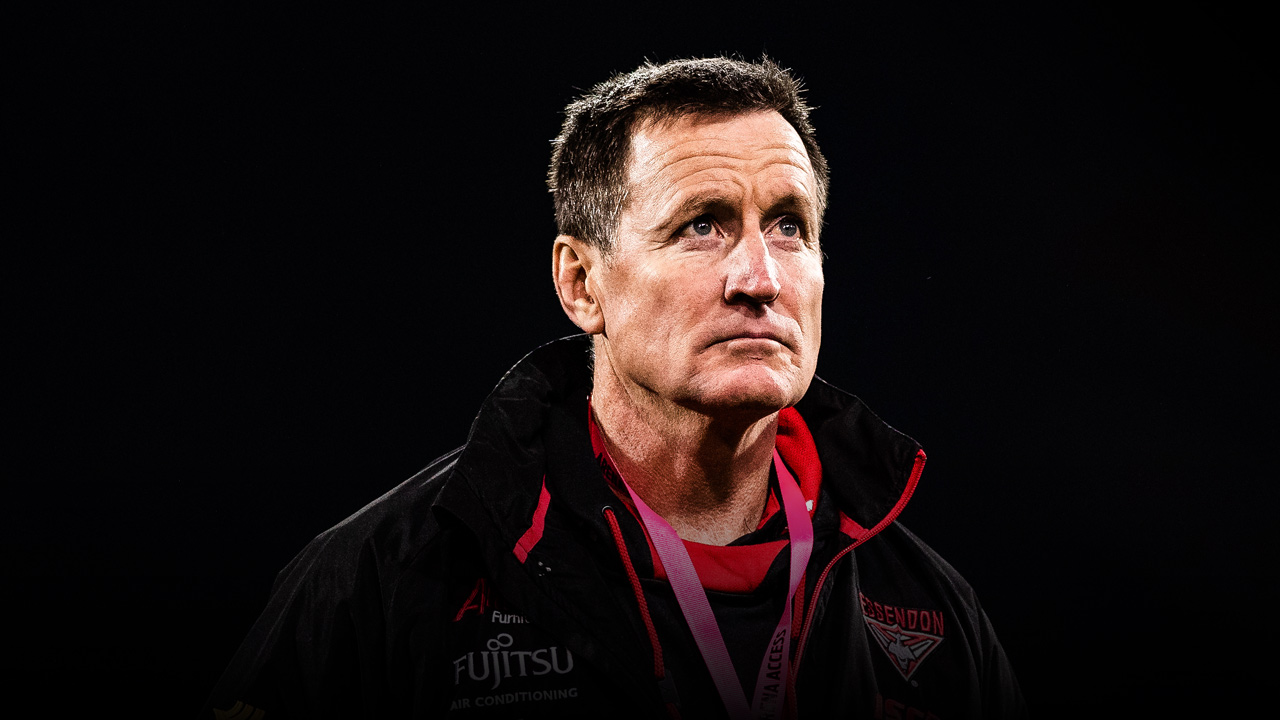
 Load More
Load More